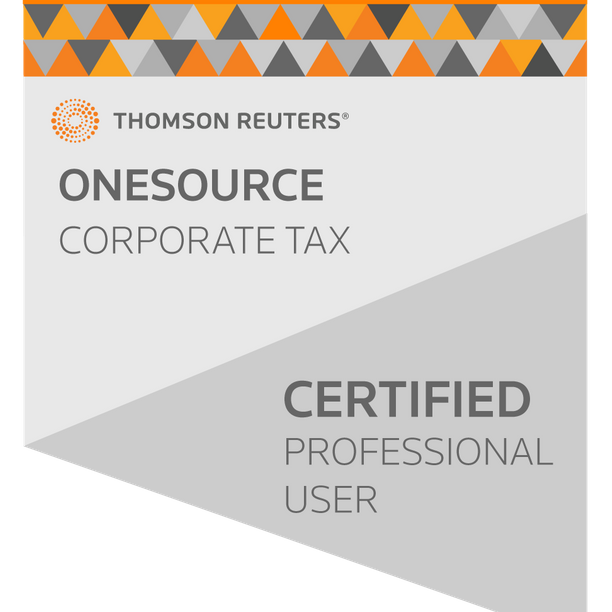Corporate tax accountants work specifically with companies; from medium sized businesses through to gigantic global ones.
All companies are required to file financial information to the state (in the form of what’s called a tax return) in order that the amount of tax they owe can be calculated and charged. Corporate tax professionals are the whirring cogs of this process. They help their clients to submit all of the correct calculations and information, usually carrying it all out on their behalf.
Taxing business
A tax accountant may work on an individual basis to gather all the necessary figures from the client, make calculations and make sure everything is complete for the tax return. However, the bigger the company, the bigger the job, and therefore accountants will often work in teams to get the job done. Just think of the number of offices and branches some companies have, not just nationwide but worldwide! It’s a lot of complex information to process at times, so tax accountants have to be extremely good with numbers as well as highly knowledgeable in tax laws and obligations to make sure everything is covered in a tax return.
As a tax manager or tax senior specialising in corporate tax there are also advisory duties. Alongside overseeing a team of tax accountants and signing off tax returns, they will often provide guidance to the client on compliance and any changes to tax regulations and how it may affect them.
Training to work in corporate tax
Corporate tax makes up a huge chunk of work for big professional services firms and accountancy firms. It’s therefore very common for school leavers and graduates at accountancy firms and professional services firms to spend time working with corporate tax teams. The opportunity to progress in this area is open to school leavers and graduates from any discipline – as long as there is a strong ability in mathematics!
A professional qualification is usually necessary, such as the CTA (Chartered Tax Adviser). School leaver programmes, Higher Apprenticeships and graduate programmes usually include study for a professional qualification which will allow for career progression within the field. Salaries are pretty good too: qualified tax accountants can expect salaries of £30,000 to £50,000 and managers can earn in the region of £80,000.

For years I have studied American finance regulations. All the information in this blog is sourced from official or contrasted sources from reliable sites.
Salesforce Certified SALES & SERVICE Cloud Consultant in February 2020, Salesforce Certified Administrator (ADM-201), and Master degree in “Business Analytics & Big Data Strategy” with more than 13 years of experience in IT consulting.
